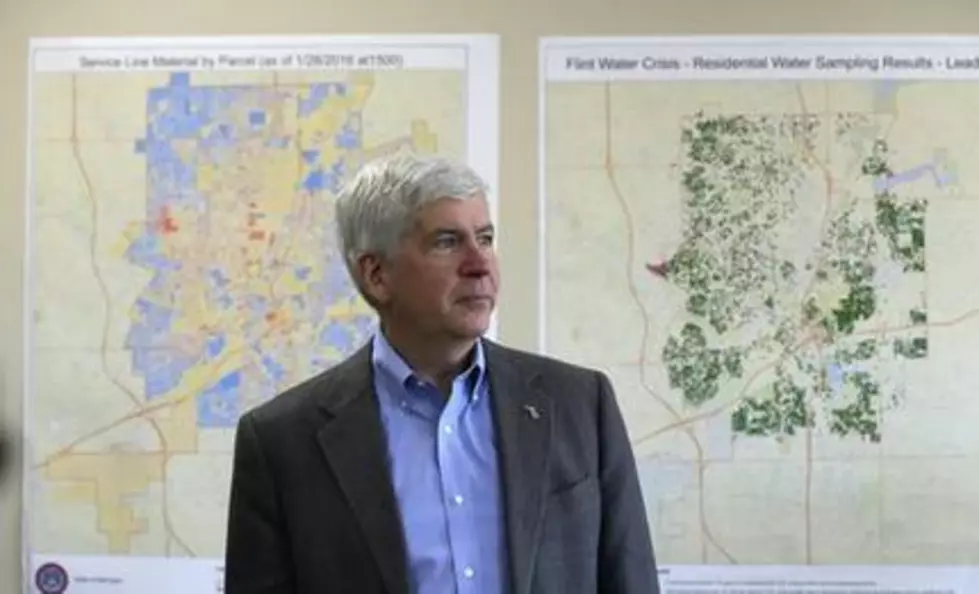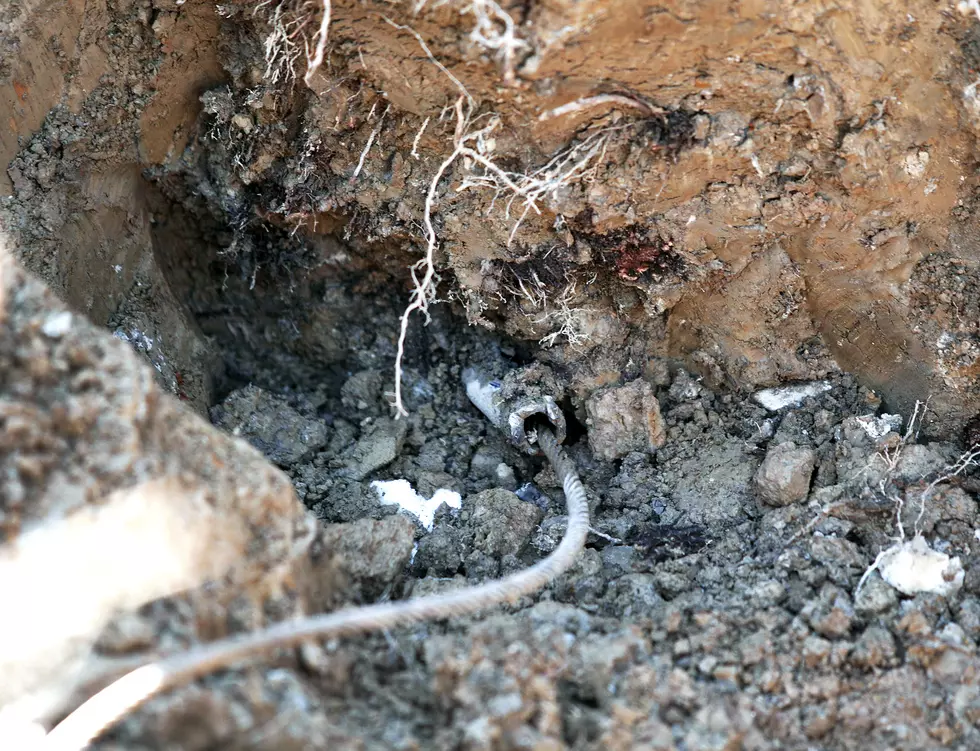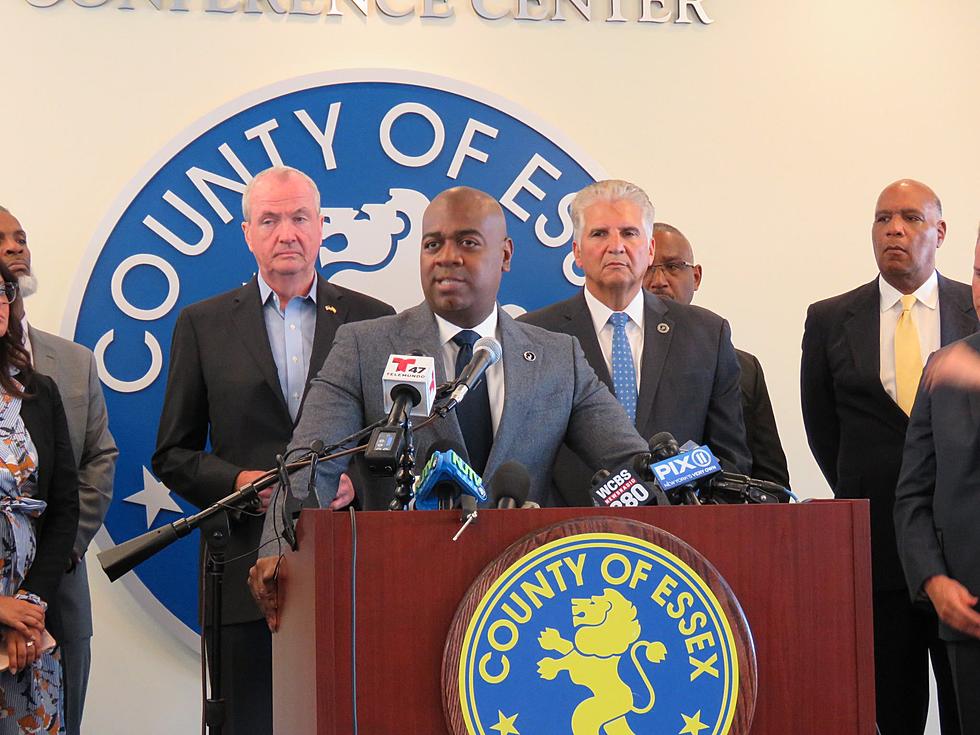
Senators reach tentative deal on Flint water crisis aid
Senators from both parties reached a tentative deal Wednesday to address a water crisis in Flint, Michigan, where lead-contaminated pipes have resulted in an ongoing public health emergency in the city of 100,000 people.
A proposal by Sens. Debbie Stabenow, D-Mich., James Inhofe, R-Okla., would authorize $100 million in emergency aid to fix and replace the city's lead-contaminated pipes, as well as $70 million in loans to improve its water infrastructure. The deal also authorizes $50 million nationwide to bolster lead-prevention programs and improve children's health.
Supporters said the deal would rely on federal credit subsidies to provide incentives for up to $700 million in loan guarantees and other financing for water infrastructure projects across the country.
Inhofe, chairman of the Senate Environment and Public Works Committee, called the deal "the fiscally responsible thing to do, not only for Flint but also for the entire nation facing a water infrastructure crisis."
The Flint catastrophe "has put a spotlight on the crisis we face across the nation due to a failure to address aging water infrastructure," Inhofe said.
At least 10 senators -- four Republicans and six Democrats -- are co-sponsors of the Flint agreement.
The deal follows weeks of negotiations on how to provide emergency aid to Flint, where drinking water became tainted when the city switched from the Detroit water system and began drawing from the Flint River in 2014 to save money. The impoverished city was under state control at the time.
Regulators failed to ensure the water was treated properly and lead from aging pipes leached into the water supply.
Elevated levels of lead have been found in some children's blood. Lead contamination has been linked to learning disabilities and other problems.
Stabenow and Sen. Gary Peters, D-Mich., proposed a $600 million aid package for Flint last month, but Republicans objected, saying it was too early to provide funds without specific plans from state and local officials.
The impasse over Flint has blocked a bipartisan energy bill that had been moving forward in the Senate. Under the tentative agreement, the Senate would vote on the energy bill before taking up the Flint legislation as a separate bill.
The energy bill, the first comprehensive legislation of its kind in nearly a decade, promotes a wide range of energy sources, from renewables such as solar and wind power to natural gas and hydropower. The legislation also would speed federal approval of projects to export liquefied natural gas to Europe and Asia and boost energy efficiency.
An agreement would resolve -- for now -- an increasingly partisan response to the water crisis in Flint, as Democrats press for swift help for a majority African-American city of 100,000 and point to the past, rapid response of Republicans to natural disasters in Texas and Florida.
Democrats blame Michigan's Republican governor, Rick Snyder, and other state officials for a cost-cutting move that resulted in a public health emergency caused by lead-contaminated water.
Republicans have acknowledged state errors, but also have pointed to a slow response by the U.S. Environmental Protection Agency.
Snyder, who has apologized repeatedly for the state's role in the crisis, has agreed to testify to Congress about the Flint crisis.
(Copyright 2016 The Associated Press. All rights reserved. This material may not be published, broadcast, rewritten or redistributed.)
More From New Jersey 101.5 FM









